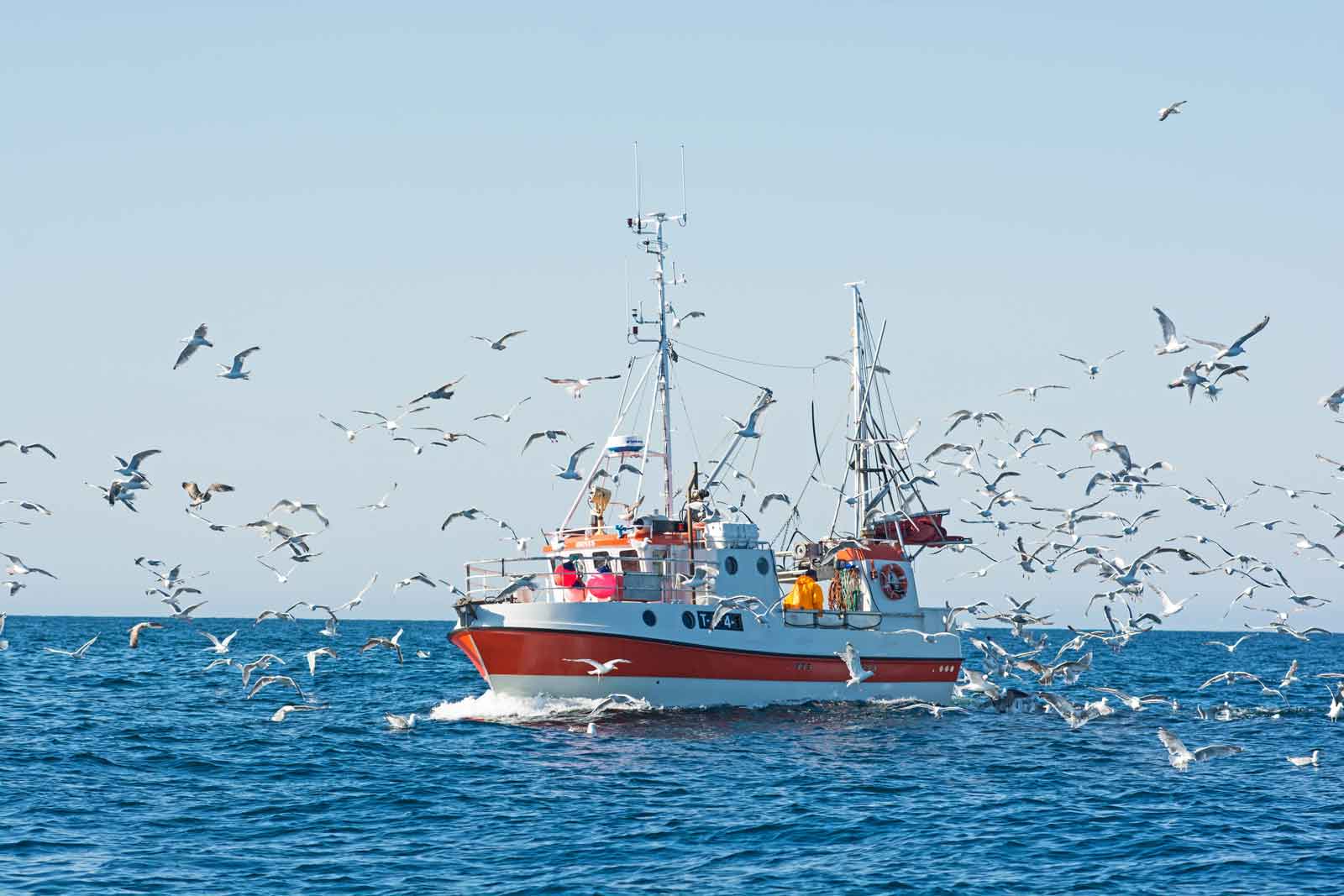Understanding Marine Collagen's Amino Acids

While it contains over 90% protein like cod fillet, it's uniquely rich in three powerful amino acids - glycine, proline, and hydroxyproline.
The Power of Three Key Amino Acids:
- Glycine
- Supports your body's natural collagen production
- Helps maintain healthy tissue
- Provides natural anti-inflammatory support
- Proline
- Essential for healthy tendons and ligaments
- Supports muscle recovery after exercise
- Helps maintain joint comfort
- Works with Vitamin C to build collagen
- Hydroxyproline
- Teams up with Vitamin C for optimal collagen formation
- Helps maintain strong connective tissue
- Supports skin health and elasticity
Why Vitamin C Matters
Vitamin C plays a crucial role in activating both proline and hydroxyproline, making it essential for collagen formation. This is why proper Vitamin C intake is key to getting the most from your marine collagen supplement.
Perfect for Recovery
Whether you're exercising regularly or seeking to maintain strong joints and tissues, marine collagen's unique amino acid profile makes it an excellent choice for supporting your body's natural renewal processes.
What Makes Marine Collagen so Special?
Although marine collagen has a very high content of protein (over 90 %) it has a bit different amino acid profile than the protein powder you get from e.g. cod fillet, directly from the meat.
Marine collagen contains, just as cod fillet, all the indispensable amino acids, although in much smaller amounts, but in return has a very high content of the amino acids glycine, proline and hydroxyproline. These specific amino acids are what make marine collagen so effective for joint and tissue support.
The function of these amino acids is to stimulate cells in the skin, bones and connective tissue and lead to the production of new collagen.
Collagen strengthens connective tissue and bones, as well as support skin. In addition, marine collagen also contains arginine, and both glycine and arginine are used in the formation of creatine.
GLYCINE contributes to the synthesis of collagen as well as a variety of other proteins. It can also protect organs and tissues by general inflammatory conditions.
PROLINE is the precursor of hydroxyproline, which is involved in the formation of collagen in tendons and ligaments. Proline is therefore important in the treatment of osteoarthritis. The proline production in the body increases for instance after injury and after exercise as it restores damaged muscle fibres. This means that marine collagen peptides can be helpful in the restitution phase after exercise. Proline is however dependent on Vitamin C for the formation of collagen.
HYDROXYPROLINE is the hydroxylation of proline and it is also dependent on Vitamin C. Vitamin C acts as a co-factor for the hydroxylation of proline and thus, lack of this vitamin could result in impaired synthesis of collagen, as no formation of hydroxyproline would occur. This could result in impaired strength in connective tissue and skin.






Leave a comment